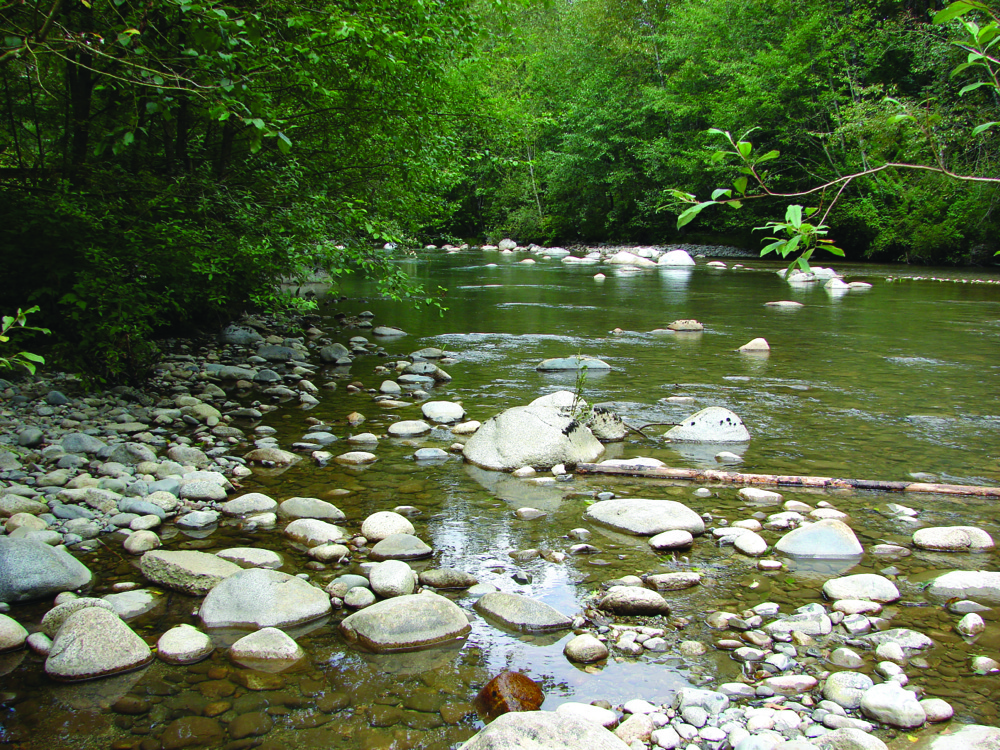
New plans in place for Coquitlam’s watershed roundtable
By Aaron Guillen, Staff Reporter
Coquitlam residents have joined forces to find a solution to a pertinent issue in their community concerning the Coquitlam River and its watershed; in fact, they’ve been formulating their strategy for the past few years.
Melissa Dick, an environmental researcher, has been chosen as the coordinator of the group, which is composed of members from the local First Nations; the gravel mining industry; real estate businesses; municipal, provincial, and federal government branches; and BC Hydro.
“I’m trying to get the attitudes shifting on how people connect with a healthy watershed,” Dick explained to Tri-City News.
“[In addition], I will be doing a lot of public outreach. We need to build that sense of stewardship [in the community]. That’s the message I hope to promote.”
A watershed is any area of land where snow or rain drain into rivers, ponds, lakes, or groundwater. Many towns and cities across Canada lie on varying sizes of watersheds, which can cross provincial and international borders. Concerned individuals have formulated a roundtable to discuss the important issues surrounding the watershed they live on, including the ecological sustainability of its environment.
According to the Coquitlam River Watershed website, the roundtable’s mission is to “facilitate collaborative resolution of urban growth and natural resource use pressures consistent with agreed community objectives and values; inform and educate people about these matters and the watershed; and promote and support conservation of a sustainable, healthy watershed environment.” In addition, they’ve highlighted ecosystem integrity, native bio-diversity, natural beauty and resources, public access and recreation, and the responsibility to protect as some of the values they uphold.
The Coquitlam River watershed lies over parts of the city itself and Port Coquitlam. A section of the land has traditionally been a part of the Kwikwetlem First Nation, and the roundtable hopes to ease worries for its sustainability in the near future.
Since the colonization of Coquitlam, urban developments and commercial use have taken their toll on the watershed area. Industrial ventures in the past such as logging and gravel mining have affected the potential of a vibrant Coquitlam river and its salmon numbers, a strong concern.
Chum salmon have fared well in the local rivers and streams, but their resiliency doesn’t overshadow the carelessness that Dick hopes to correct. By avoiding the dumping of harmful substances into local waterways and spreading awareness of the campaign against invasive species, Dick hopes to teach all generations to appreciate the rivers they have before they are gone.
However, before they do, the roundtable needs to receive funding to spread the word.
